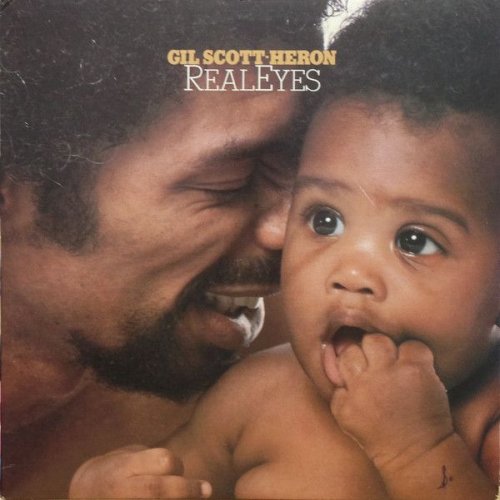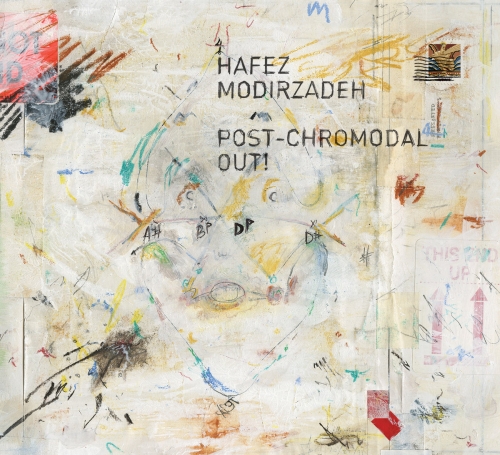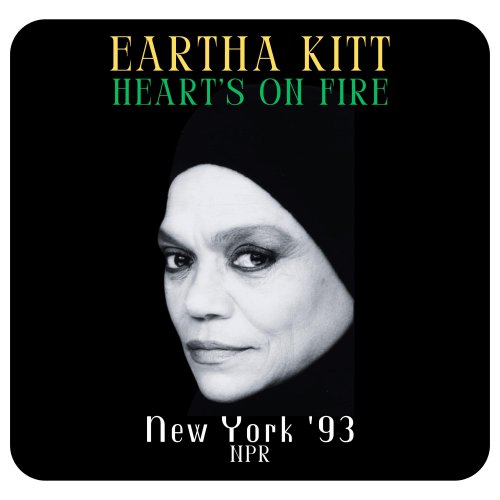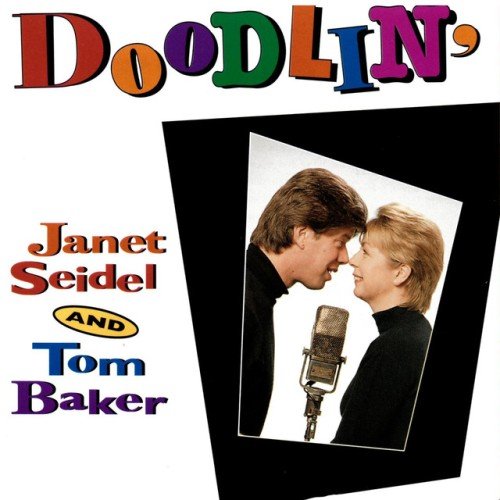Anne Sofie von Otter and Bengt Forsberg - Rendezvous with Korngold: Songs and Chamber Music (1994)
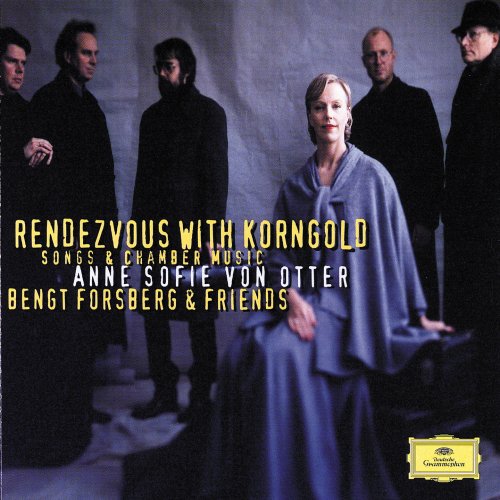
Artist: Anne Sofie von Otter, Bengt Forsberg, Kjell Lysell, Ulf Forsberg, Nils-Erik Sparf, Mats Lidström
Title: Rendezvous with Korngold: Songs and Chamber Music
Year Of Release: 1994
Label: Deutsche Grammophon (DG)
Genre: Classical
Quality: FLAC (tracks)
Total Time: 1:59:15
Total Size: 435 MB
WebSite: Album Preview
Tracklist:Title: Rendezvous with Korngold: Songs and Chamber Music
Year Of Release: 1994
Label: Deutsche Grammophon (DG)
Genre: Classical
Quality: FLAC (tracks)
Total Time: 1:59:15
Total Size: 435 MB
WebSite: Album Preview
Disc 1
1. Anne Sofie von Otter & Bengt Forsberg – Vier Lieder des Abschieds, Op. 14: I. Sterbelied - Sehr ruhig und gefasst, mit verhaltener tiefer Empfindung (04:45)
2. Anne Sofie von Otter & Bengt Forsberg – Vier Lieder des Abschieds, Op. 14: II. Dies eine kann mein Sehnen nimmer fassen (02:56)
3. Anne Sofie von Otter & Bengt Forsberg – Vier Lieder des Abschieds, Op. 14: III. Mond, so gehst du wieder auf (04:35)
4. Anne Sofie von Otter & Bengt Forsberg – Vier Lieder des Abschieds, Op. 14: IV. Gefasster Abschied - Mit liebenswürdigem, heiter gemütvollem Ausdruck (03:28)
5. Kjell Lysell, Ulf Forsberg, Nils-Erik Sparf, Mats Lidstroem & Bengt Forsberg – Quintett for 2 Violins, Viola: VIoloncello and Piano, Op. 15 in E: I. Mäßiges Zeitmaß, mit schwungvoll blühendem Ausdruck (11:43)
6. Kjell Lysell, Ulf Forsberg, Nils-Erik Sparf, Mats Lidstroem & Bengt Forsberg – Quintett for 2 Violins, Viola: VIoloncello and Piano, Op. 15 in E: II. Adagio. Mit größter Ruhe, stets äußerst gebunden (11:30)
7. Kjell Lysell, Ulf Forsberg, Nils-Erik Sparf, Mats Lidstroem & Bengt Forsberg – Quintett for 2 Violins, Viola: VIoloncello and Piano, Op. 15 in E: III. Finale. Gemessen, beinahe pathetisch (08:12)
8. Anne Sofie von Otter & Bengt Forsberg – Songs of the Clown, Op. 29: I. Come Away, Death (02:05)
9. Anne Sofie von Otter & Bengt Forsberg – Songs of the Clown, Op. 29: II. O Mistress Mine (02:00)
10. Anne Sofie von Otter & Bengt Forsberg – Songs of the Clown, Op. 29: III. Adieu, Good Man Devil (00:41)
11. Anne Sofie von Otter & Bengt Forsberg – Songs of the Clown, Op. 29: IV. Hey Robin (00:49)
12. Anne Sofie von Otter & Bengt Forsberg – Songs of the Clown, Op. 29: V. For the Rain: It Raineth Every Day (03:17)
13. Anne Sofie von Otter & Bengt Forsberg – Simple Songs, WoO: Nachts (02:29)
14. Anne Sofie von Otter & Bengt Forsberg – Simple Songs, WoO: Die Geniale (00:50)
Disc 2
1. Anne Sofie von Otter & Bengt Forsberg – Four Shakespeare Songs, Op. 31: I. Desdemona's Song (03:00)
2. Anne Sofie von Otter & Bengt Forsberg – Four Shakespeare Songs, Op. 31: II. Under the Greenwood Tree (01:54)
3. Anne Sofie von Otter & Bengt Forsberg – Four Shakespeare Songs, Op. 31: III. Blow, Blow, Thou Winter Wind (02:11)
4. Anne Sofie von Otter & Bengt Forsberg – Four Shakespeare Songs, Op. 31: IV. When Birds Do Sing (02:47)
5. Anne Sofie von Otter & Bengt Forsberg – Three Songs, Op. 22: I. Was Du mir bist? (03:04)
6. Anne Sofie von Otter & Bengt Forsberg – Three Songs, Op. 22: II. Mit Dir zu schweigen (02:12)
7. Anne Sofie von Otter & Bengt Forsberg – Three Songs, Op. 22: III. Welt ist stille eingeschlafen (02:42)
8. Ulf Forsberg, Kjell Lysell, Mats Lidstroem & Bengt Forsberg – Suite for 2 Violins: Violoncello and Piano (Left Hand), Op. 23: I. Präludium und Fuge (09:46)
9. Ulf Forsberg, Kjell Lysell, Mats Lidstroem & Bengt Forsberg – Suite for 2 Violins: Violoncello and Piano (Left Hand), Op. 23: II. Walzer (05:49)
10. Ulf Forsberg, Kjell Lysell, Mats Lidstroem & Bengt Forsberg – Suite for 2 Violins: Violoncello and Piano (Left Hand), Op. 23: III. Groteske (09:02)
11. Kjell Lysell, Ulf Forsberg, Mats Lidstroem & Bengt Forsberg – Suite for 2 Violins: Violoncello and Piano (Left Hand), Op. 23: IV. Lied (03:41)
12. Ulf Forsberg, Kjell Lysell, Mats Lidstroem & Bengt Forsberg – Suite for 2 Violins: Violoncello and Piano (Left Hand), Op. 23: V. Rondo-Finale (Variations) (08:16)
13. Anne Sofie von Otter, Ulf Forsberg, Nils-Erik Sparf, Kjell Lysell & Bengt Forsberg – Die tote Stadt - Arr. Bengt Forsberg, Act 1: "Glück, das mir verblieb" (Marietta's Lied) (05:31)
How times change! Who would have guessed, ten years ago, that DG would devote a 2CD album to the chamber music and songs of Korngold. The fortunes of Korngold (too often referred as "more corn than gold" in the not-too-distant past) have certainly changed since the 1997 centenary celebrations and the untiring championship of individuals like the composer's biographer Brendan Carroll (see review of his book on this site). (The activity of the independents, like Chandos and Naxos, have also forced the major record companies into being more adventurous in their releases too, of course.)
This welcome new addition to the Korngold discography includes some valuable première recordings: the two Simple Songs; the Four Shakespearean Songs and the Three Songs of 1928-29.
Soprano Anne Sophie Otter delivers all the songs in this collection with impeccable diction, style and technique, respecting Korngold's melodic lines and breathing real life into them - wonderfully expressive singing. Bengt Forsberg provides unobtrusive yet exceedingly telling and sensitive accompaniments
The programme opens with the Abschiedlieder - the Four Songs of Parting. This work is already available in Korngold's transcription for voice and orchestra on Chandos CHAN 9171 with Linda Finnie, in fine voice, with the BBC Philharmonic conducted by Sir Edward Downes. If anything the reduced forces on this new album focus a purity on these beautiful, evocative but melancholy melodies, particularly 'Requiem', based on the work of Pre-Raphaelite poet Christina Gabriel Rosetti and 'Moon, thus you rise again' a setting of a poem by Ernst Lothar. The beauty of these two songs is quite breathtaking. 'Dies eine kann mein Sehnen nimmer fassen' (This one thing my longing can never grasp) is a turbulent and defiant/despairing song that wondefully captures the essence of Edith Ronsperger's lines. Finally, 'Resigned Parting' to lines again by Lothar, tells of a soldier's parting from his beloved - a sad acceptance lifted by a more joyful anticipation of future reconcilliation.
'Songs of the Clown' were composed for Max Reinhardt's 1941 production, Shakespeare's Women, Clowns and Songs. For this production, Korngold reconstructed his Shakespearean songs that had been confiscated and destroyed by the Nazis when they entered Austria and raided his property. 'Come Away, Death' is an expressive elegy of which one of my fellow reviewers has observed - "it is Mahleresque to such a degree that one feels Korngold was making a sad farewell to Vienna." 'O Mistress Mine' and 'Hey Robin' are jolly contrasts; but, for me, the most memorable number is 'For the Rain, It Raineth Every Day.' Sophie-Mutter grasps every expressive opportunity offered in the amusing refrain, "…every day, every day, every day."
The two Simple Songs without op. no. date from 1911 and 1913. 'At Night' is a lovely, fragrant nocturne with a ravishing impressionistic part for the piano. 'The Gifted' is a high-spirited, merry wedding celebration.
The Four Shakespeare Songs (1937-1941) commences with Korngold's 'Desdemona's Song' with its desolate refrain "Sing willow, willow." It is, for me, every bit as successful as the celebrated Verdi aria. 'Under the Greenwood' restores good humour and an admonition to enjoy life with a sunny "Come hither, come hither…" refrain. 'Blow, blow, Thou Winter Wind' is a strongly rhythmic song of defiance while 'When Birds Do Sing' is a playful setting of the famous lines beginning "It was a lover and his lass…" Sophie Mutter seems to enjoy both of these songs particularly for she delivers them with great relish.
The Three Lieder date from 1928-29. The beautiful 'What are you to me?' is one of Korngold's loveliest romantic melodies. 'To be silent with you' is another softly romantic and plaintive melody while 'The world has silently gone to sleep' is another haunting nocturne with ravishing piano writing.
Anne Sophie Mutter completes her contribution with Forsberg's arrangement of the famous 'Marietta's Song', the highlight of Korngold's opera Die tote Stadt. This is singing to cherish.
To the chamber music. The Piano Quintet was written in 1920-21 shortly after Korngold had completed Die tote Stadt. Its heroic romantic style echoes that of the opera and anticipates his later Hollywood romances. You can visualise the merry men of Sherwood and Errol Flynn romancing Olivia de Havilland. As Brendan Carroll observes, Korngold's complex writing and wonderful sonorities make you believe you are listening to a much larger ensemble than a quintet; the demanding string writing is complemented by a virtuoso piano part. The work brims with ideas. The opening movement is bold and intensely romantic with themes that leap skywards contrasted with material that are touching in their simplicity. The extraordinarily beautiful Adagio, is a set of nine variations based on the Abschiedslieder with emphasis on the lovely 'Moon, thus you rise again.' The Finale is strident, exuberant and merry. Bengt Forsberg is joined by Kjell Lysell (first violin), Ulf Forsberg (second violin) Nils-Erik Sparf (viola) and Mats Lidström (cello) and together they play their hearts out for Korngold's vibrant composition.
The Suite for 2 violins, cello and piano left hand was completed in 1930. In 1923 Korngold had written a piano concerto for left hand in response to a commission from the celebrated one-arm pianist Paul Wittgenstein. This concerto delighted Wittgenstein so much that he commissioned a second work - this composition for a chamber ensemble. The opening movement is troubled and darkly dramatic with some disturbing dissonances and an eerie fugue. The second movement is a beguiling Waltz - wistful, nostalgic and very Viennese yet there is something of the darker Ravelian view too with its surprising dissonant interjections. The 'Groteske' scherzo is relentless and devilish, the slow movement relaxes into another glorious Korngold melody based on the song 'What are you to me?' and the finale introduces yet another gorgeous melody suffused with a golden autumnal glow. Again Forsberg's ensemble delivers a peerless reading.
An album that will richly reward the more adventurous film music enthusiast who wants to explore the further reaches of the art of one of the greats of Hollywood's Golden Age. ~ Ian Lace
This welcome new addition to the Korngold discography includes some valuable première recordings: the two Simple Songs; the Four Shakespearean Songs and the Three Songs of 1928-29.
Soprano Anne Sophie Otter delivers all the songs in this collection with impeccable diction, style and technique, respecting Korngold's melodic lines and breathing real life into them - wonderfully expressive singing. Bengt Forsberg provides unobtrusive yet exceedingly telling and sensitive accompaniments
The programme opens with the Abschiedlieder - the Four Songs of Parting. This work is already available in Korngold's transcription for voice and orchestra on Chandos CHAN 9171 with Linda Finnie, in fine voice, with the BBC Philharmonic conducted by Sir Edward Downes. If anything the reduced forces on this new album focus a purity on these beautiful, evocative but melancholy melodies, particularly 'Requiem', based on the work of Pre-Raphaelite poet Christina Gabriel Rosetti and 'Moon, thus you rise again' a setting of a poem by Ernst Lothar. The beauty of these two songs is quite breathtaking. 'Dies eine kann mein Sehnen nimmer fassen' (This one thing my longing can never grasp) is a turbulent and defiant/despairing song that wondefully captures the essence of Edith Ronsperger's lines. Finally, 'Resigned Parting' to lines again by Lothar, tells of a soldier's parting from his beloved - a sad acceptance lifted by a more joyful anticipation of future reconcilliation.
'Songs of the Clown' were composed for Max Reinhardt's 1941 production, Shakespeare's Women, Clowns and Songs. For this production, Korngold reconstructed his Shakespearean songs that had been confiscated and destroyed by the Nazis when they entered Austria and raided his property. 'Come Away, Death' is an expressive elegy of which one of my fellow reviewers has observed - "it is Mahleresque to such a degree that one feels Korngold was making a sad farewell to Vienna." 'O Mistress Mine' and 'Hey Robin' are jolly contrasts; but, for me, the most memorable number is 'For the Rain, It Raineth Every Day.' Sophie-Mutter grasps every expressive opportunity offered in the amusing refrain, "…every day, every day, every day."
The two Simple Songs without op. no. date from 1911 and 1913. 'At Night' is a lovely, fragrant nocturne with a ravishing impressionistic part for the piano. 'The Gifted' is a high-spirited, merry wedding celebration.
The Four Shakespeare Songs (1937-1941) commences with Korngold's 'Desdemona's Song' with its desolate refrain "Sing willow, willow." It is, for me, every bit as successful as the celebrated Verdi aria. 'Under the Greenwood' restores good humour and an admonition to enjoy life with a sunny "Come hither, come hither…" refrain. 'Blow, blow, Thou Winter Wind' is a strongly rhythmic song of defiance while 'When Birds Do Sing' is a playful setting of the famous lines beginning "It was a lover and his lass…" Sophie Mutter seems to enjoy both of these songs particularly for she delivers them with great relish.
The Three Lieder date from 1928-29. The beautiful 'What are you to me?' is one of Korngold's loveliest romantic melodies. 'To be silent with you' is another softly romantic and plaintive melody while 'The world has silently gone to sleep' is another haunting nocturne with ravishing piano writing.
Anne Sophie Mutter completes her contribution with Forsberg's arrangement of the famous 'Marietta's Song', the highlight of Korngold's opera Die tote Stadt. This is singing to cherish.
To the chamber music. The Piano Quintet was written in 1920-21 shortly after Korngold had completed Die tote Stadt. Its heroic romantic style echoes that of the opera and anticipates his later Hollywood romances. You can visualise the merry men of Sherwood and Errol Flynn romancing Olivia de Havilland. As Brendan Carroll observes, Korngold's complex writing and wonderful sonorities make you believe you are listening to a much larger ensemble than a quintet; the demanding string writing is complemented by a virtuoso piano part. The work brims with ideas. The opening movement is bold and intensely romantic with themes that leap skywards contrasted with material that are touching in their simplicity. The extraordinarily beautiful Adagio, is a set of nine variations based on the Abschiedslieder with emphasis on the lovely 'Moon, thus you rise again.' The Finale is strident, exuberant and merry. Bengt Forsberg is joined by Kjell Lysell (first violin), Ulf Forsberg (second violin) Nils-Erik Sparf (viola) and Mats Lidström (cello) and together they play their hearts out for Korngold's vibrant composition.
The Suite for 2 violins, cello and piano left hand was completed in 1930. In 1923 Korngold had written a piano concerto for left hand in response to a commission from the celebrated one-arm pianist Paul Wittgenstein. This concerto delighted Wittgenstein so much that he commissioned a second work - this composition for a chamber ensemble. The opening movement is troubled and darkly dramatic with some disturbing dissonances and an eerie fugue. The second movement is a beguiling Waltz - wistful, nostalgic and very Viennese yet there is something of the darker Ravelian view too with its surprising dissonant interjections. The 'Groteske' scherzo is relentless and devilish, the slow movement relaxes into another glorious Korngold melody based on the song 'What are you to me?' and the finale introduces yet another gorgeous melody suffused with a golden autumnal glow. Again Forsberg's ensemble delivers a peerless reading.
An album that will richly reward the more adventurous film music enthusiast who wants to explore the further reaches of the art of one of the greats of Hollywood's Golden Age. ~ Ian Lace
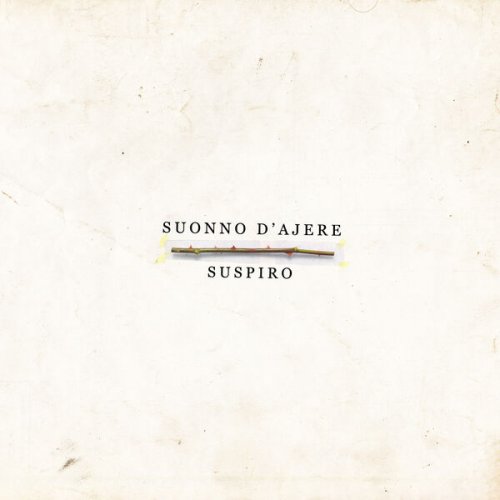
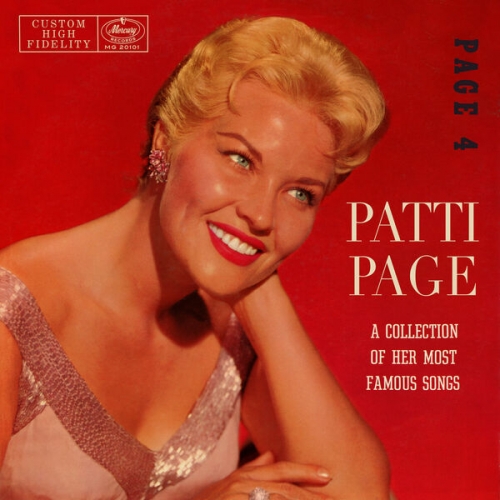
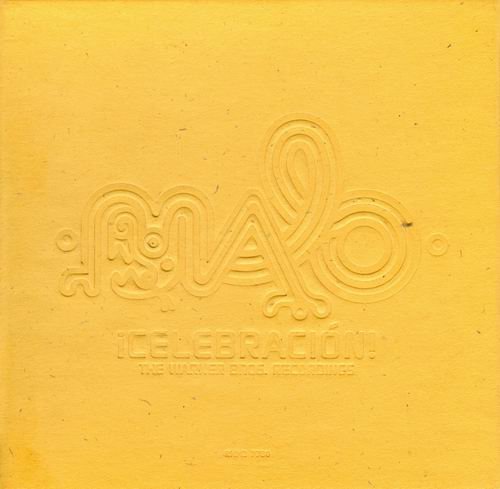
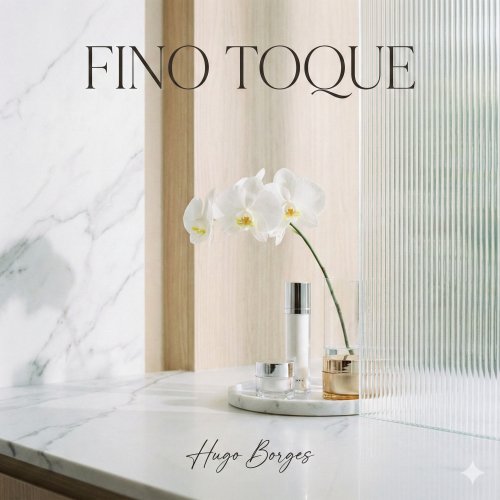
![Luke Marantz, Simon Jermyn - Echoes (2026) [Hi-Res] Luke Marantz, Simon Jermyn - Echoes (2026) [Hi-Res]](https://www.dibpic.com/uploads/posts/2026-01/1767967002_a1295048848_16.jpg)
